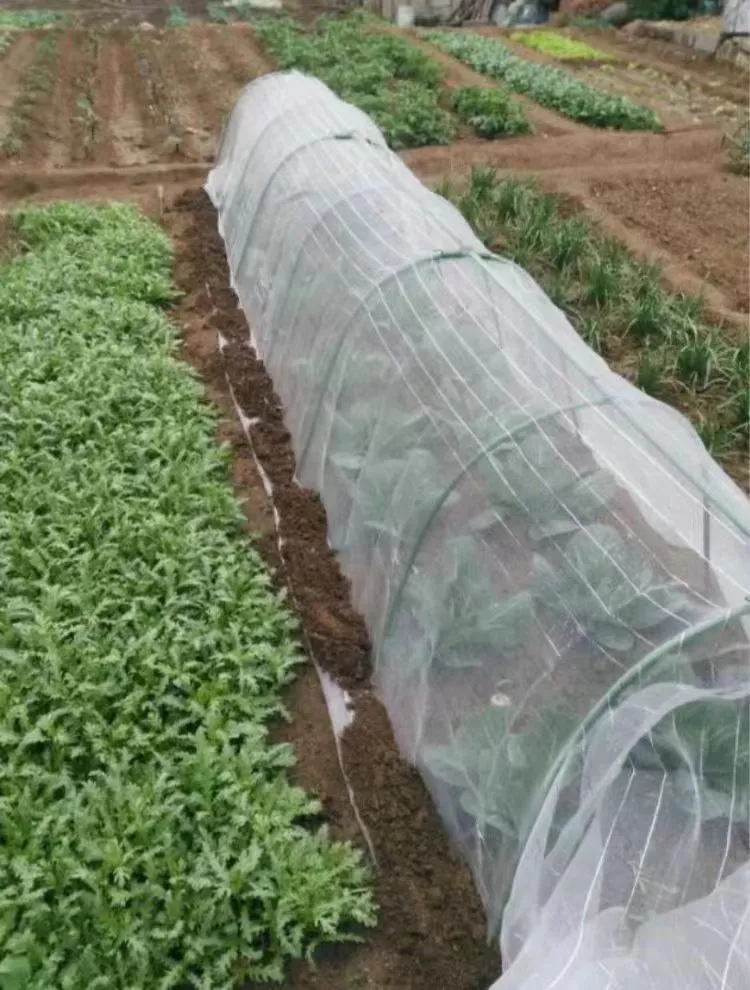-
 Afrikaans
Afrikaans -
 Albanian
Albanian -
 Amharic
Amharic -
 Arabic
Arabic -
 Armenian
Armenian -
 Azerbaijani
Azerbaijani -
 Basque
Basque -
 Belarusian
Belarusian -
 Bengali
Bengali -
 Bosnian
Bosnian -
 Bulgarian
Bulgarian -
 Catalan
Catalan -
 Cebuano
Cebuano -
 China
China -
 Corsican
Corsican -
 Croatian
Croatian -
 Czech
Czech -
 Danish
Danish -
 Dutch
Dutch -
 English
English -
 Esperanto
Esperanto -
 Estonian
Estonian -
 Finnish
Finnish -
 French
French -
 Frisian
Frisian -
 Galician
Galician -
 Georgian
Georgian -
 German
German -
 Greek
Greek -
 Gujarati
Gujarati -
 Haitian Creole
Haitian Creole -
 hausa
hausa -
 hawaiian
hawaiian -
 Hebrew
Hebrew -
 Hindi
Hindi -
 Miao
Miao -
 Hungarian
Hungarian -
 Icelandic
Icelandic -
 igbo
igbo -
 Indonesian
Indonesian -
 irish
irish -
 Italian
Italian -
 Japanese
Japanese -
 Javanese
Javanese -
 Kannada
Kannada -
 kazakh
kazakh -
 Khmer
Khmer -
 Rwandese
Rwandese -
 Korean
Korean -
 Kurdish
Kurdish -
 Kyrgyz
Kyrgyz -
 Lao
Lao -
 Latin
Latin -
 Latvian
Latvian -
 Lithuanian
Lithuanian -
 Luxembourgish
Luxembourgish -
 Macedonian
Macedonian -
 Malgashi
Malgashi -
 Malay
Malay -
 Malayalam
Malayalam -
 Maltese
Maltese -
 Maori
Maori -
 Marathi
Marathi -
 Mongolian
Mongolian -
 Myanmar
Myanmar -
 Nepali
Nepali -
 Norwegian
Norwegian -
 Norwegian
Norwegian -
 Occitan
Occitan -
 Pashto
Pashto -
 Persian
Persian -
 Polish
Polish -
 Portuguese
Portuguese -
 Punjabi
Punjabi -
 Romanian
Romanian -
 Russian
Russian -
 Samoan
Samoan -
 Scottish Gaelic
Scottish Gaelic -
 Serbian
Serbian -
 Sesotho
Sesotho -
 Shona
Shona -
 Sindhi
Sindhi -
 Sinhala
Sinhala -
 Slovak
Slovak -
 Slovenian
Slovenian -
 Somali
Somali -
 Spanish
Spanish -
 Sundanese
Sundanese -
 Swahili
Swahili -
 Swedish
Swedish -
 Tagalog
Tagalog -
 Tajik
Tajik -
 Tamil
Tamil -
 Tatar
Tatar -
 Telugu
Telugu -
 Thai
Thai -
 Turkish
Turkish -
 Turkmen
Turkmen -
 Ukrainian
Ukrainian -
 Urdu
Urdu -
 Uighur
Uighur -
 Uzbek
Uzbek -
 Vietnamese
Vietnamese -
 Welsh
Welsh -
 Bantu
Bantu -
 Yiddish
Yiddish -
 Yoruba
Yoruba -
 Zulu
Zulu
Durable bug-resistant mesh solutions for effective gardening and outdoor protection against pests
Insect Proof Netting A Revolutionary Solution for Pest Management
As our world becomes increasingly urbanized and agriculture faces mounting challenges from climate change and pest outbreaks, innovative solutions are crucial for sustainable agricultural practices. One such solution that has gained significant attention in recent years is insect proof netting. This simple yet effective technology offers numerous benefits for farmers, gardeners, and anyone looking to protect their plants from the destructive forces of pest insects.
Insect proof netting is essentially a type of mesh fabric that is designed to keep out insects while allowing light, air, and moisture to penetrate. Made from durable materials such as polypropylene or polyethylene, these nets come in various sizes and mesh densities, ensuring versatility in application. The primary goal is to provide a physical barrier that protects plants from invasive insect pests that can cause significant damage to crops, while still allowing for natural elements that are essential for plant growth.
One of the most significant advantages of insect proof netting is its effectiveness in pest management. Insects like aphids, whiteflies, and caterpillars can wreak havoc on crops, leading to reduced yields and increased costs for farmers. By placing insect nets over plants, farmers can significantly reduce insect infestations without resorting to harmful pesticides. This not only safeguards the plant but also promotes a healthier ecosystem. As farmers adopt more sustainable practices, they are better equipped to produce food that is both environmentally friendly and safe for consumers.
In addition to protecting crops, insect proof netting can also enhance pollination
. While some nets may restrict access to pollinators, specially designed insect netting allows suitable pollinators, such as bees, to enter while keeping harmful insects out. This balance is crucial for promoting biodiversity and ensuring that crops receive the necessary pollination for optimal fruit and seed production.insect proof netting

Another benefit of insect proof netting is its ability to extend the growing season. By serving as a protective layer, the netting can create a microenvironment that retains warmth and humidity, allowing plants to thrive in conditions that might otherwise be too harsh. This can be especially useful in regions with unpredictable weather patterns, giving farmers an edge in maintaining healthy crops year-round.
Furthermore, insect netting is not limited to agricultural use; it is also highly beneficial for home gardeners. Urban gardening and community gardens can reap the rewards of using insect proof netting to protect their plants from common pests. Home gardeners often pursue eco-friendly practices, and using insect nets effectively reduces the need for chemical treatments, making their gardens safer for children, pets, and local wildlife.
Despite its many advantages, there are some considerations to keep in mind when using insect proof netting. Proper installation is essential to ensure that nets are securely anchored and do not create new habitats for pests. Additionally, regular monitoring is necessary to check for any signs of wear or damage to the netting, ensuring that it continues to function effectively over time.
In conclusion, insect proof netting represents a significant advancement in sustainable agricultural practices and pest management. Its ability to protect plants while promoting healthy ecosystems makes it an invaluable tool for farmers and gardeners alike. As sustainable agriculture continues to be a cornerstone of food security and environmental stewardship, innovations like insect proof netting will play an essential role in shaping a sustainable future for our planet. By investing in this simple yet effective technology, we can safeguard crops, increase yields, and contribute to a healthier environment for generations to come.
-
Shipping Plastic Bags for Every NeedNewsJul.24,2025
-
Safety Netting: Your Shield in ConstructionNewsJul.24,2025
-
Plastic Mesh Netting for Everyday UseNewsJul.24,2025
-
Nylon Netting for Every UseNewsJul.24,2025
-
Mesh Breeder Box for Fish TanksNewsJul.24,2025
-
Expanded Steel Mesh Offers Durable VersatilityNewsJul.24,2025











